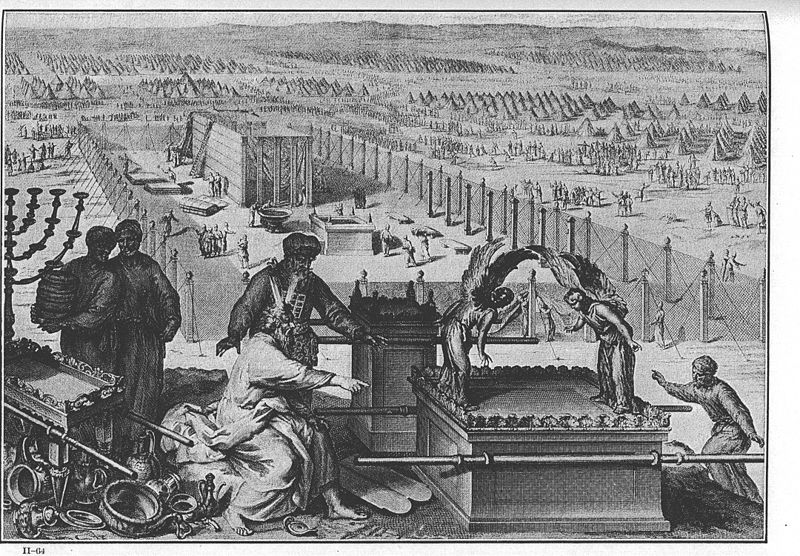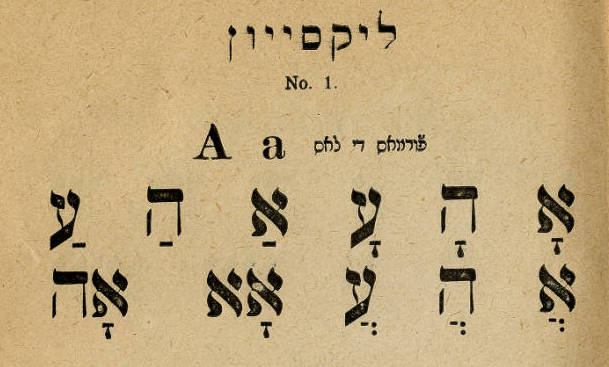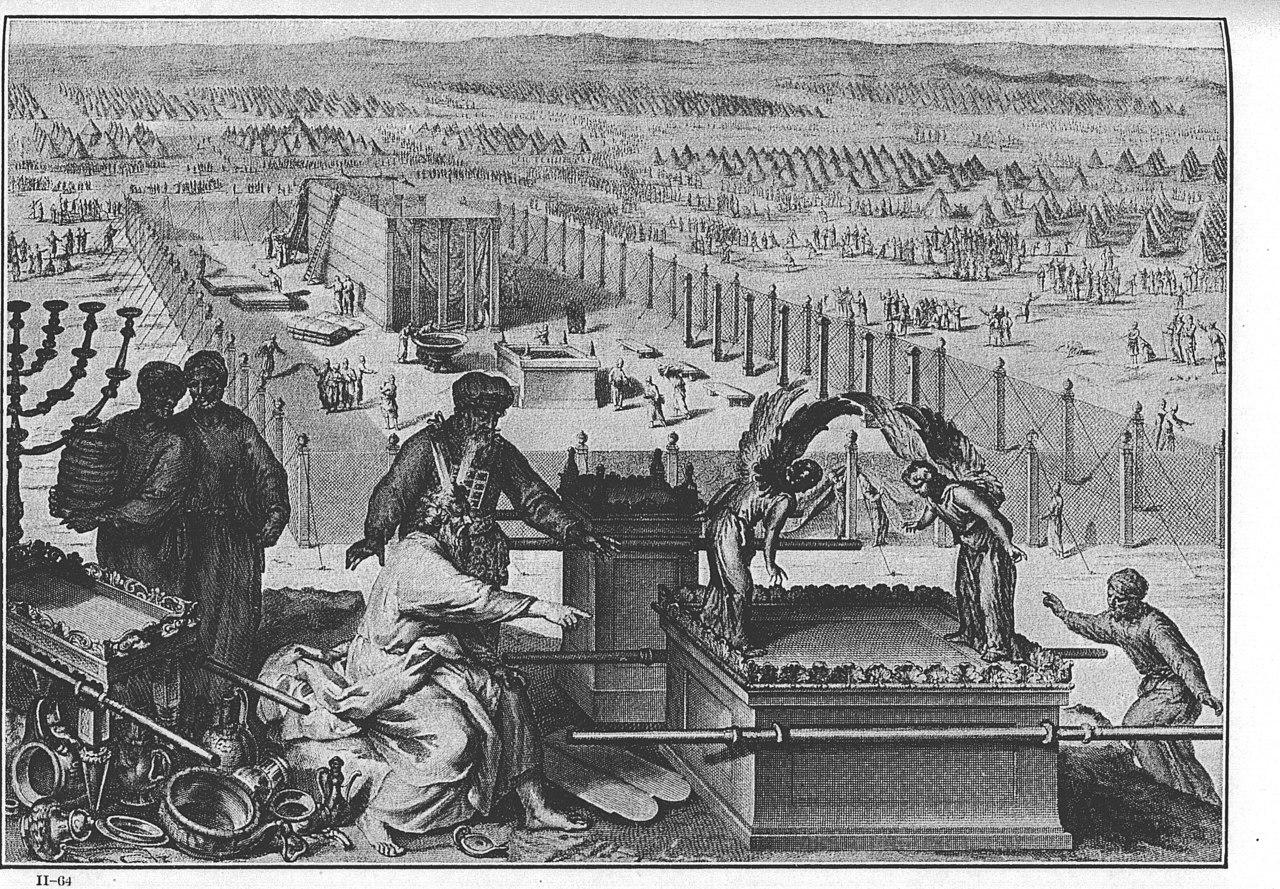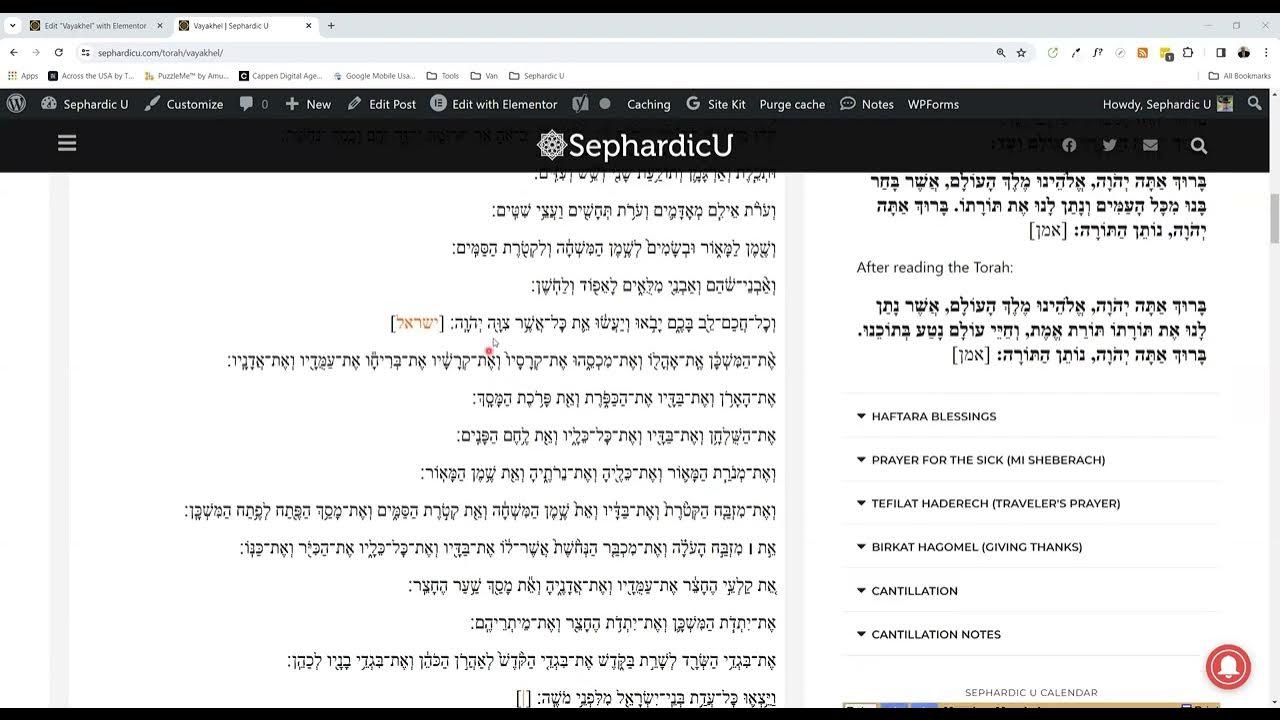| Aspect | Description |
|---|---|
| Parasha Number | The 22nd Parasha in the Book of Exodus (Shemot). |
| Parasha Name | Vayakhel (וַיַּקְהֵל), translating to “And he assembled” in Hebrew, emphasizes the gathering of the Israelites to construct the Tabernacle. |
| Torah Book | Exodus (Shemot). |
| Number of Verses | Comprises 122 verses. |
| Number of Words | Approximately 1,517 words in the Hebrew text. |
| Primary Characters | Central figures include Moses, Aaron, Bezalel, and Oholiab. |
| Key Themes | Focuses on the construction of the Tabernacle and its furnishings, as well as the importance of communal participation in sacred endeavors. |
| Significant Events | Highlights the contributions of skilled artisans, the collection of materials for the Tabernacle, and the observance of the Sabbath as a day of rest. |
| Notable Quotes | Emphasizes the obedience of the Israelites in carrying out the instructions for building the Tabernacle and its accessories. |
| Legacy | Parashat Vayakhel underscores the communal effort and devotion required for the construction of sacred spaces and implements. |
| Relevance Today | The themes of communal involvement in religious projects and the observance of rest and sacred space continue to hold significance in contemporary religious communities. |
| Well-Known Stories | Include the detailed descriptions of the construction of the Tabernacle, the Ark of the Covenant, and the various furnishings. |
| Special Observances | Considered significant in synagogue services, Parashat Vayakhel inspires reflection on the importance of collective action in religious endeavors. |
| Connections to Other Texts | Vayakhel extends the narrative of sacred construction and communal participation initiated in Parashat Terumah, reinforcing the importance of the Tabernacle in Israelite worship. |
| Theological Significance | Highlights the value of communal devotion and adherence to divine instruction in the establishment of sacred spaces and practices. |
Parashat Vayakhel, the twenty-second weekly Torah portion in the Book of Exodus (Shemot), centers on the assembly of the Israelites to contribute to the construction of the Tabernacle, a portable sanctuary for worship. The name “Vayakhel” means “And he assembled” in Hebrew, highlighting the collective effort and unity required for this sacred endeavor.
In this parasha, Moses gathers the Israelites and instructs them to bring offerings of materials such as gold, silver, and fine fabrics for the construction of the Tabernacle and its furnishings. Skilled artisans, including Bezalel and Oholiab, are appointed to oversee the construction, emphasizing the importance of both communal participation and skilled craftsmanship in religious projects.
Parashat Vayakhel underscores the significance of communal devotion and collaboration in fulfilling divine commandments. It highlights the observance of the Sabbath as a day of rest amidst the labor of building the Tabernacle, emphasizing the balance between work and sacred rest in religious life.
Moreover, the parasha emphasizes the meticulous adherence to divine instructions in constructing the Tabernacle and its furnishings, illustrating the partnership between divine revelation and human endeavor in the establishment of sacred spaces.
Overall, Parashat Vayakhel serves as a testament to the importance of communal involvement in religious projects and the observance of sacred time. Its teachings continue to inspire reflection on the value of collective action and devotion in the pursuit of spiritual fulfillment within Jewish communities, emphasizing the enduring relevance of sacred rituals and communal participation in religious life.
ויקהל
שמות ל״ה:א׳-ל״ח:כ׳
Vayakhel
Exodus 35:1-38:20
מלכים א
ז׳:י״ג-כ״ו
I Kings
7:13-26
more on Parashat Parashat Vayakhel: Tabernacle Built
Quick Guide: The Five Books of Moses
| Genesis | Exodus | Leviticus | Numbers | Deuteronomy |
|---|---|---|---|---|
| Bereshit (1:1-6:8) |
Shemot (1:1-6:1) |
Vayikra (1:1-5:26) |
Bemidbar (1:1-4:20) |
Devarim (1:1-3:22) |
| Noach (6:9-11:32) |
Va'era (6:2-9:35) |
Tzav (6:1-8:36) |
Naso (4:21-7:89) |
Va'etchanan (3:23-7:11) |
| Lech Lecha (12:1-17:27) |
Bo (10:1-13:16) |
Shemini (9:1-11:47) |
Behaalotecha (8:1-12:16) |
Ekev (7:12-11:25) |
| Vayera (18:1-22:24) |
Beshalach (13:17-17:16) |
Tazria (12:1-13:59) |
Shelach (13:1-15:41) |
Re'eh (11:26-16:17) |
| Chaye Sarah (23:1-25:18) |
Yitro (18:1-20:23) |
Metzora (14:1-15:33) |
Korach (16:1-18:32) |
Shoftim (16:18-21:9) |
| Toledot (25:19-28:9) |
Mishpatim (21:1-24:18) |
Achare Mot (16:1-18:30) |
Chukat (19:1-22:1) |
Ki Tetze (21:10-25:19) |
| Vayetze (28:10-32:3) |
Terumah (25:1-27:19) |
Kedoshim (19:1-20:27) |
Balak (22:2-25:9) |
Ki Tavo (26:1-29:8) |
| Vayishlach (32:4-36:43) |
Tetzaveh (27:20-30:10) |
Emor (21:1-24:23) |
Pinchas (25:10-30:1) |
Nitzavim (29:9-30:20) |
| Vayeshev (37:1-40:23) |
Ki Tisa (30:11-34:35) |
Behar (25:1-26:2) |
Matot (30:2-32:42) |
Vayelech (31:1-30) |
| Miketz (41:1-44:17) | Vayakhel (35:1-38:20) |
Bechukotai (26:3-27:34) |
Masei (33:1-36:13) |
Haazinu (32:1-52) |
| Vayigash (44:18-47:27) |
Pekude (38:21-40:38) |
V'Zot HaBeracha (33:1-34:12) |
||
| Vayechi (47:28-50:26) |











